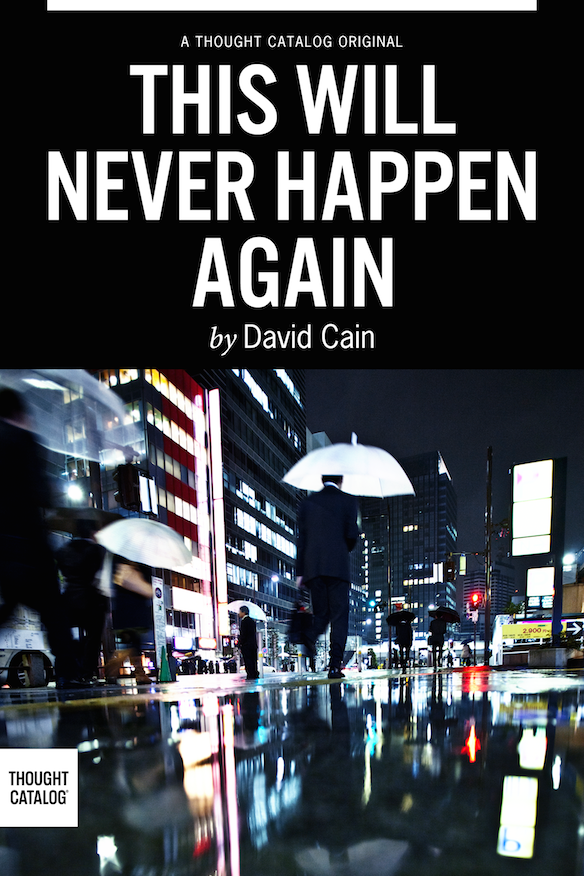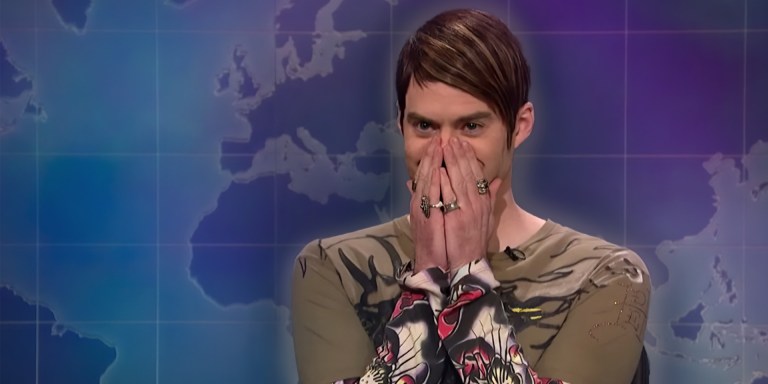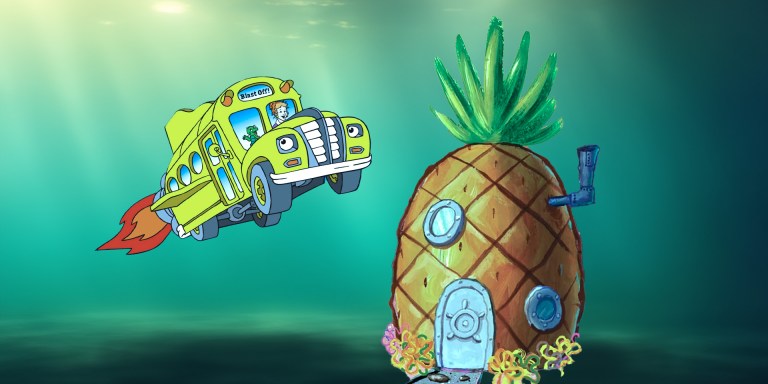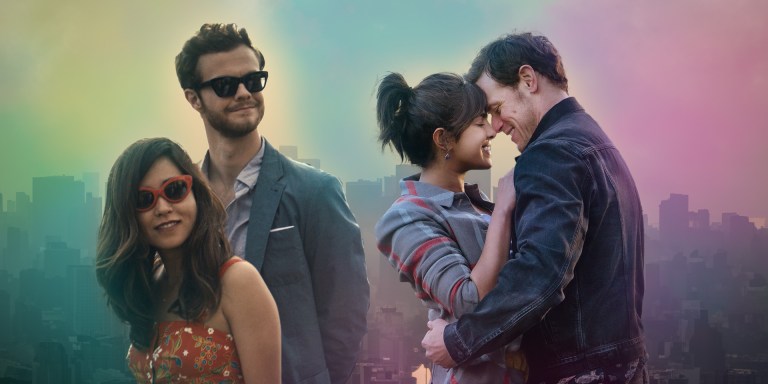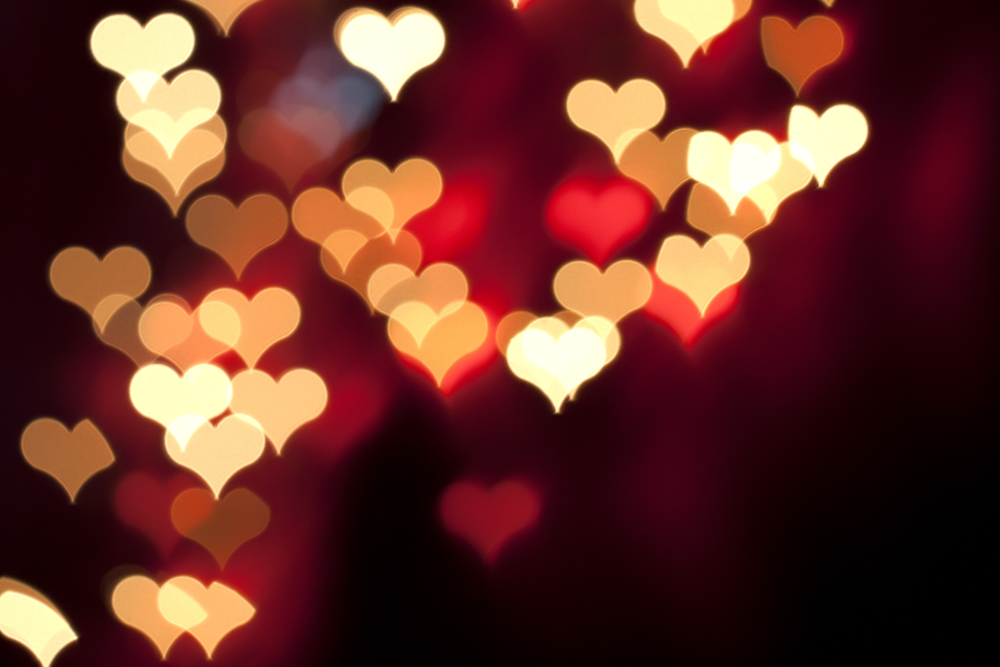
Love is not what the movies and hit songs tell us it is.
Love doesn’t hurt. If it hurts it’s something else. Fear. Attachment. Idolatry. Addiction. Possessiveness.
Nobody’s heart aches out of love. In pop culture, love gets conflated with desire all the time. From childhood we learn you can like something, or you can love it, as if it’s only different degrees of the same thing.
Love is all selflessness. It’s the opposite of need and attachment. To an individual it’s a sensation of allowing, rather than seeking. Letting go, rather than grasping.
Love is subtle and silent and delicate, and in its beginnings it can be drowned out easily by attachment, lust and fear. Love must have space, and force is what crowds it out. Love is powerful but it isn’t forceful.
Desire is simple and often reckless. We need to manage it carefully to avoid causing harm. Desire is the intention to change something, to reject what it is in favor of what it could be — something better, more secure, more pleasing. Love is the intention to let that thing be for its own sake.
A lot of us grow up thinking that to love is simply to want very badly. It’s hard to be sensitive to love when you’re overrun by desire. Love isn’t something that can be done badly, if it’s love at all. Desire can happen at the same time as love, but it’s not the same thing.
Jealousy isn’t love, nor is it evidence of love. Jealousy is fear. Love doesn’t drive people mad, it drives them sane. Desire, in its different forms, can drive people to do anything. Love never drives people to kill or steal or cheat or worry.
Love reveals itself when you release your need to have the object of your affection, and see that there’s no reason to make it yours. That it exists at all is enough. To love something is to disappear in its favor — to die to your own interests so that it can be what it is.
In evolutionary time, love is new, and we’re still learning to used to it. It’s a much more sophisticated human capability than desire.
Desire’s been around forever. It’s a high-horsepower engine. It’s loud. It handles poorly. It only goes the way it’s pointing. It needs a sober driver, but it makes you drunk.
Desires are personal. They’re attached to you and they end where you end. They can be no bigger than you.
Love is bigger than you. To love someone is for their happiness to be the same as your own.
And so love is the dissolution of the borders between you and me and them. Those lines are conceptual and imaginary anyway, and love gives you vision clear enough to see the world without them.
Your love can’t be reserved for one person. If you only love one person you probably don’t love anyone. Love isn’t something you can aim. The truer your love is — in other words, the less you have it confused with something else — the more generalized it becomes. To love fully is to love all.
It takes practice to give up “good for me” in the name of “good.” In the grand scale of evolutionary time, human beings are only at the beginning of experimenting with this — working with something bigger and more important than personal desire.
But love is already everywhere, at least in the background. It’s too conspicuous to be marginalized, even among a population largely driven insane by mismanaged desire. We need to learn to navigate our desires better in order to love fully. We’re working on it.
It’s an interesting time to be alive. We’re graduating from a culture of desire-driven lives to one of love-driven lives. The solution to the world’s problems will look more and more obvious as more people begin to understand that and make that transformation. The first step is knowing the difference.
Defining it is impossible. You can throw words at it but never pin it down. Nothing is misidentified more often than love. But for now, we can know what it’s not. If it hurts, it’s not love. ![]()
